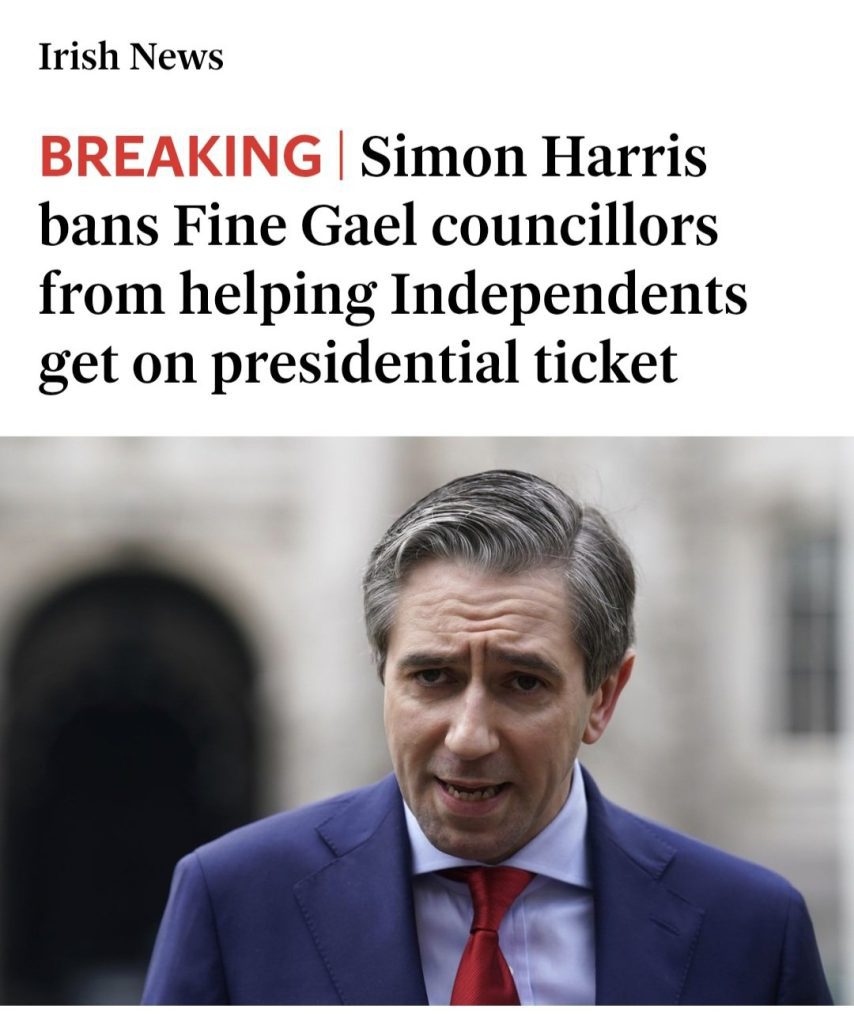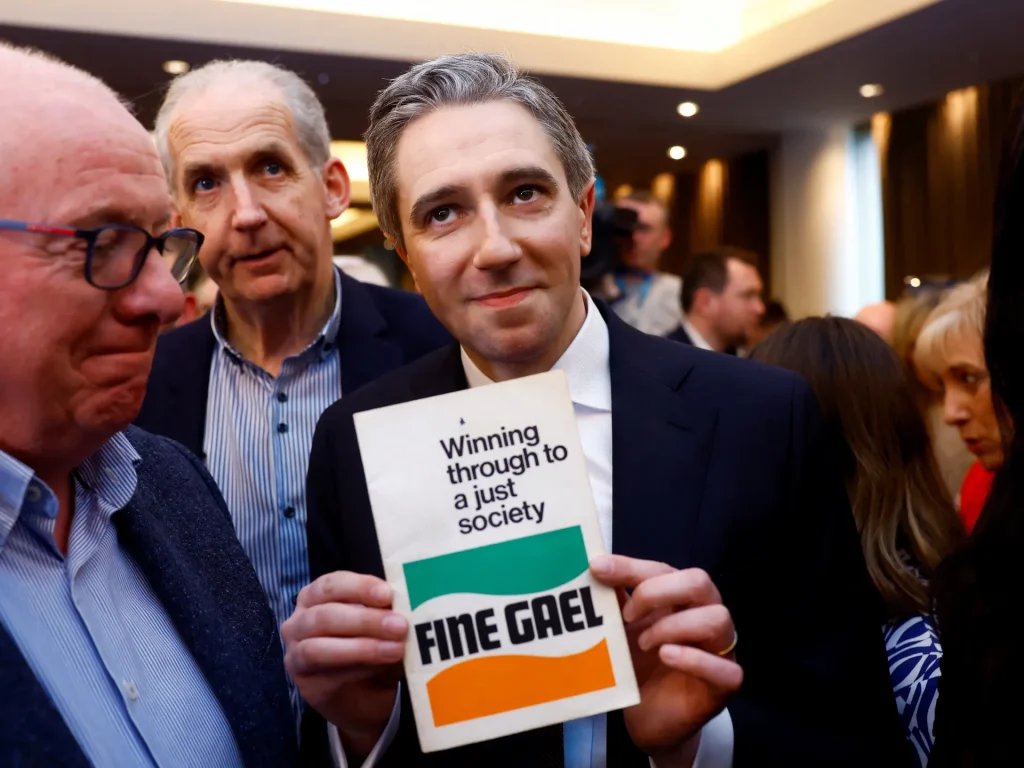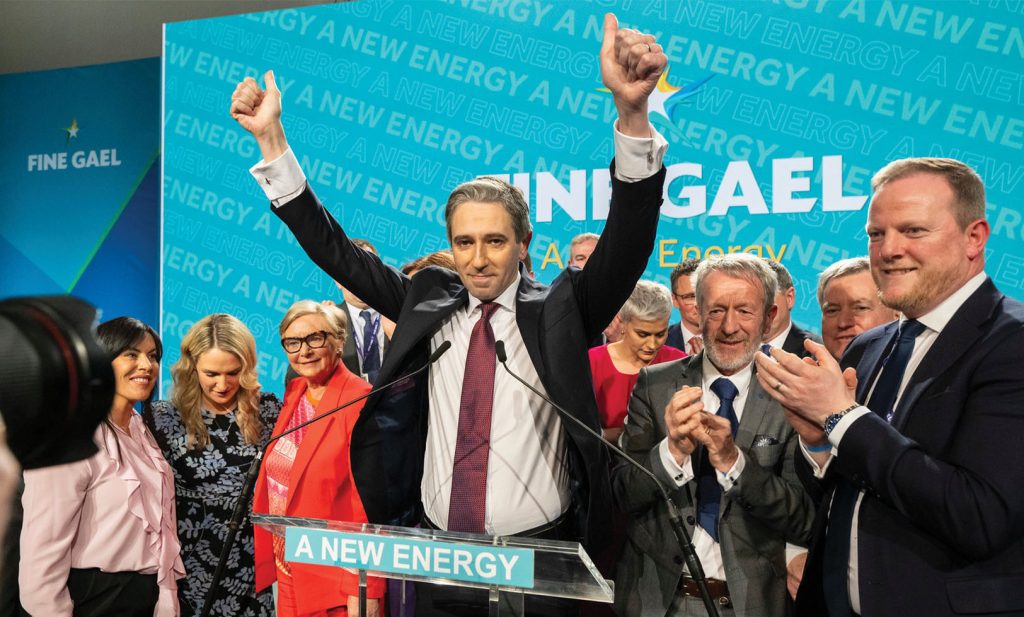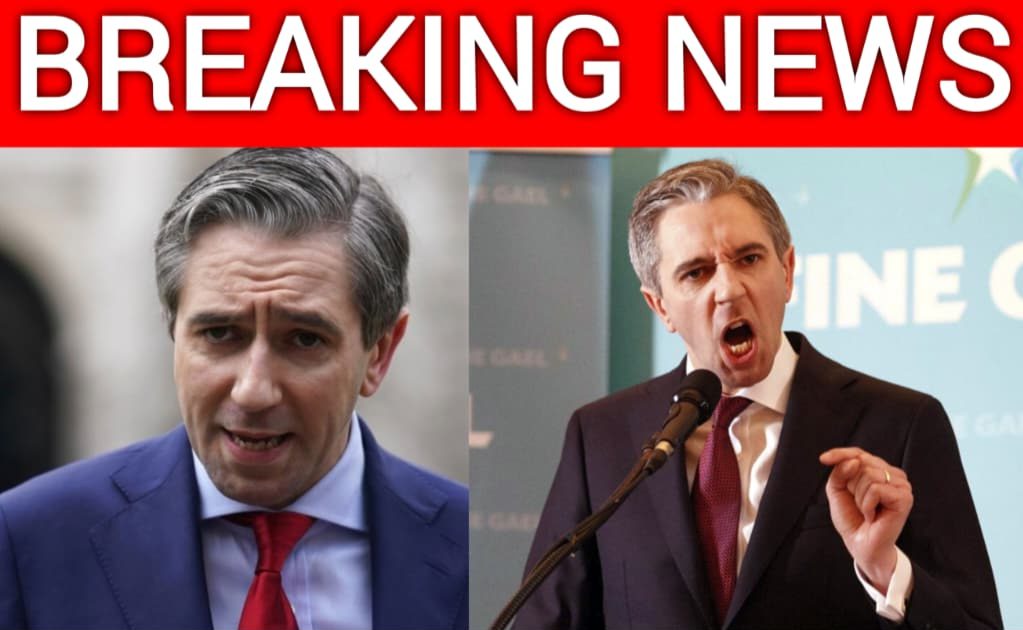Simon Harris Bans Fine Gael Councillors From Supporting Independents in Bid for Presidential Ticket
Irish politics took a dramatic turn this week as Taoiseach Simon Harris made it clear that Fine Gael councillors will not be allowed to back Independent candidates seeking nominations for the upcoming presidential election. It was the kind of move that instantly set off debates in council chambers, living rooms, and online forums across the country, with many people asking whether this was about party discipline or an attempt to shut out voices beyond the mainstream.
For Independents, the road to the presidency has always been a steep climb. The rules demand at least 20 nominations from members of the Oireachtas or support from four different local authorities to even get on the ballot. That requirement means building alliances, and for years Independent hopefuls often leaned on councillors from the big parties to help bridge the gap. With Harris’s directive, one of those bridges has now been firmly closed.

The Taoiseach defended his position by saying party councillors were elected under a Fine Gael banner and therefore had a responsibility to stay loyal to the party’s line. From his perspective, allowing councillors to back outsiders would muddy the waters, weaken Fine Gael’s stance, and leave the public questioning what the party actually stands for. To his supporters, it was a sign of strong leadership, a message that Fine Gael would not sit by while Independents leveraged its influence to mount their campaigns.
But critics saw something else. For them, this was a hard-edged power play, one that silences independent voices and makes an already difficult process feel even more exclusive. Some argued that councillors are not just party representatives but also local leaders chosen by their communities, and those communities might want to see fresh candidates on the presidential ballot. By tightening control, Harris risks feeding into the feeling that politics in Ireland is locked down by the establishment, leaving little room for outsiders to break through.

The timing only adds more fuel to the fire. Ireland’s presidential election is fast approaching, and the atmosphere is already tense. Voters are watching closely to see who will step forward, and the ban on Fine Gael councillors backing Independents could shape the field in a big way. The decision sends a clear signal to other parties as well. Will Fianna Fáil or Sinn Féin follow suit and rein in their councillors, or will they leave the door open, perhaps to draw a contrast and win over voters who see openness as a virtue?
Online reactions were swift and passionate. Supporters of Harris praised him for protecting his party’s integrity, saying that a presidential run should not be built on borrowed support. Others were furious, insisting that the decision narrows democracy and denies the public a chance to see genuine variety on the ballot. Social media lit up with comments from both sides, some applauding the move as practical politics, others warning it could backfire by fueling anger at the very institutions trying to keep control.

What stands out in all of this is how deeply connected people feel to the symbolism of the presidency. It is more than just another election; it represents Ireland to the world, and voters want to believe that anyone with vision and courage has at least a chance to reach that stage. By blocking one of the few viable paths for Independents, Harris has raised questions about who gets to compete for that honor and who decides the boundaries of possibility.
For now, the decision stands, and Fine Gael councillors know where their leader expects their loyalty to lie. Whether this will strengthen the party’s position or spark resentment that lingers into the election itself remains to be seen. Ireland’s political story is one of resilience and constant change, and even moves that look like firm control can sometimes open new cracks where different voices eventually break through. The presidential race of 2025 has only just begun, but it already carries the weight of a controversy that will shape the way people see both the candidates and the parties standing behind them.


